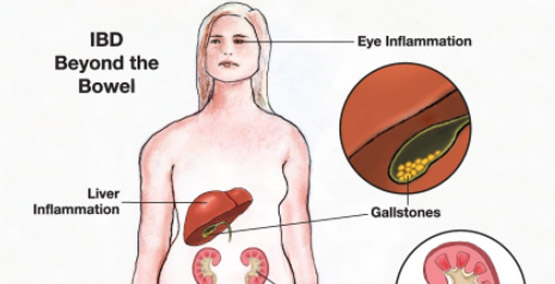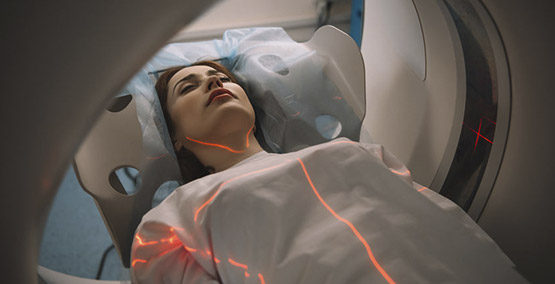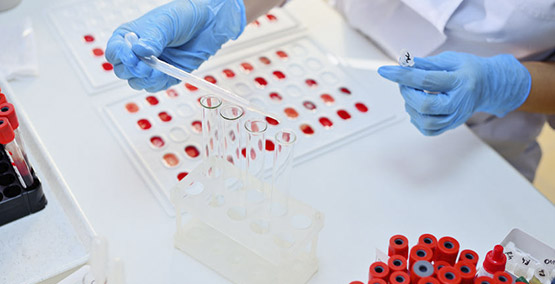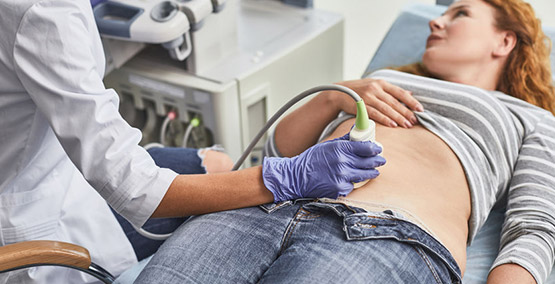
NUTRITIONAL LAB TESTS IN IBD

Natalie Hill grew up in Atlanta...
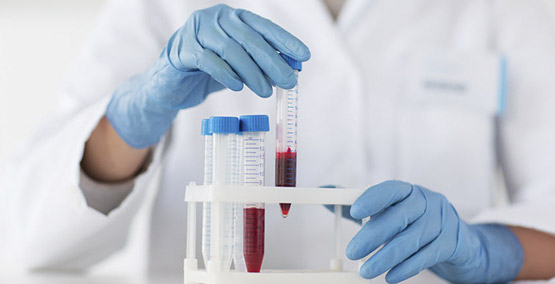
Because Crohn's disease and ulcerative colitis can damage the intestine, effect how foods are absorbed and sometimes increase someone's needs for nutrients, certain laboratory tests are needed to monitor a Crohnie's or UCee's nutritional health. The one monitored the most is iron in order to prevent anemia and fatigue.
Iron (FE), total iron binding capacity (TIBC) and ferritin are direct measures of the iron in the blood stream and the amount stored in the body.
Folate (FOL), vitamin B12 (B12), are sometimes measured to assess their blood levels. Folate is particularly important for patients on methotrexate. B12 is absorbed in the terminal ileum so that is watched in Crohn's disease, especially if there is active disease in the area or if it has been removed. Further testing for B12 can be required at times
Vitamin D, usually the form known as 25 OH Vitamin D (25OH-D), is often obtained at least 1-2 times a year, because it is so important in bone health and it's now recognized as an important factor in the immune system.
Vitamin D levels can also effect calcium (Ca), magnesium (Mg) and phosphorus (P) in the body, so these levels are also measured. Zinc (Zn) levels need to be checked if someone has frequent or severe diarrhea, because it can be lost from the body then.
This article, as well as all others, was reviewed and edited by a member of our Medical Advisory Board.
Subscribe Be the first to know


